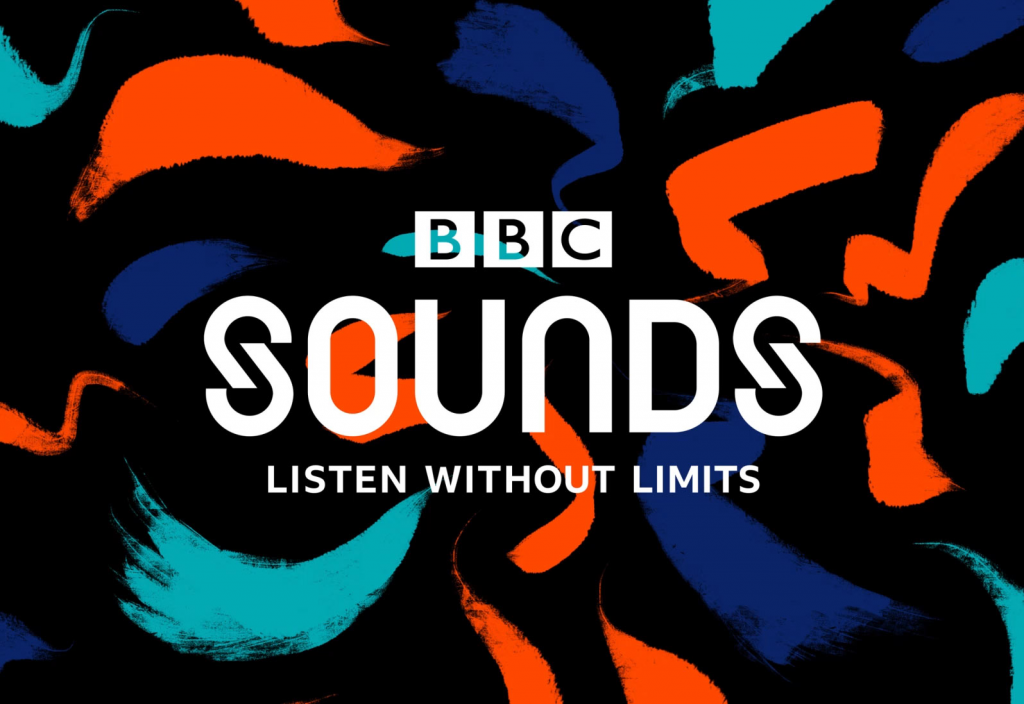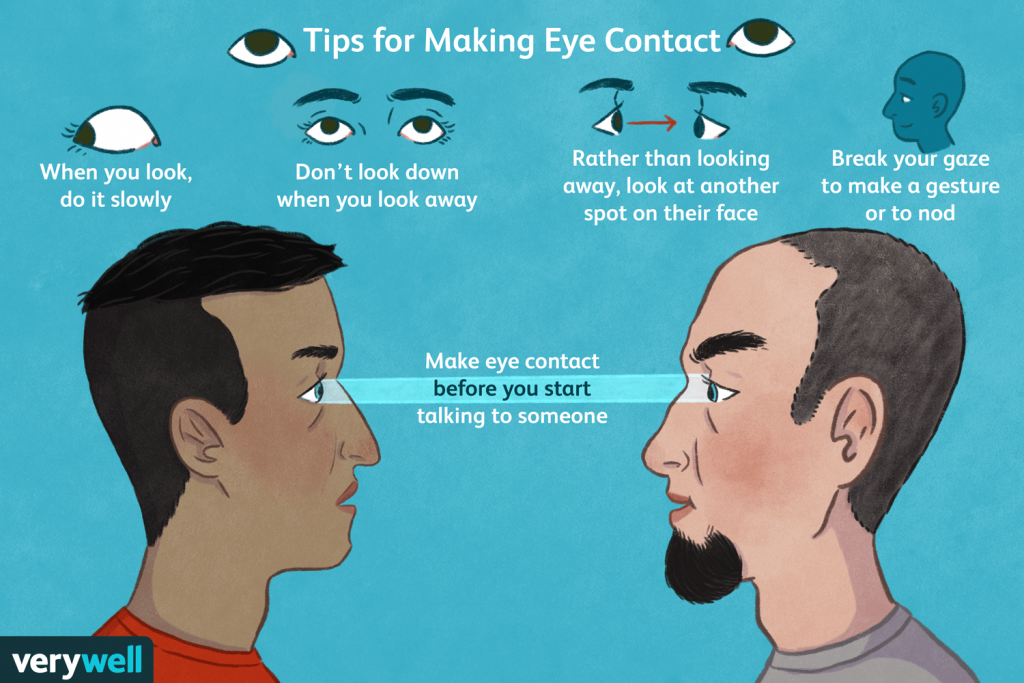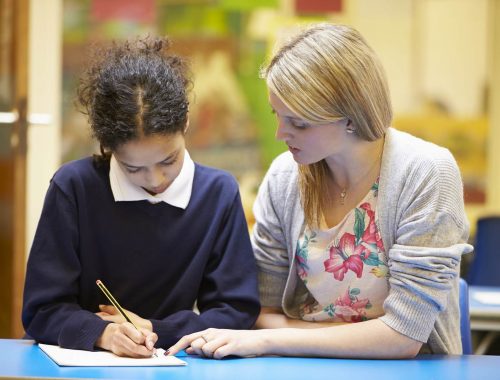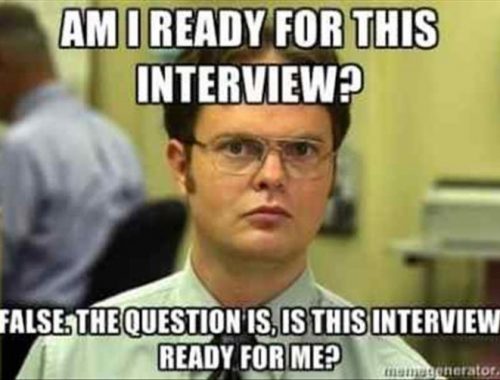A Wandering Eye

I doubt anyone can say they enjoy the interview process, and if there are people out there that do, I am definitely not one of them. Throughout my 21 years of life, I can say I’ve had my fair share of interviews for working part-time jobs, for example: interviews in a coffee shop, a restaurant, a clothes shop, and a pharmacy, to name a few. So, even though I don’t particularly enjoy interviews, before these simulated interviews, I felt I’d had plenty of practice with them. However, looking back now, I know there’s much work to do before I’m ready for an interview for a full-time job in the broadcast sector.
Throughout this blog, I intend to reflect on my simulated interview process through Gibb’s reflection model. which:
“Proposes that reflection takes place after an experience. It has a structure that generally guides the process of reflecting. The framework consists of cue questions based on key concepts and provides a checklist for learners to work through, answering and considering the cue questions as they progress. “The reflective cycle focuses on learning from experiences by involving feelings, thoughts, and recommendations for future actions.” .
(Hisebo, 369)

DESCRIPTION AND FEELINGS

Going into these interviews, I was more nervous than I usually would be for an interview because, even though I knew it wasn’t the real thing, it felt like it. I had picked a job in idea development at BBC Sounds. Which is a type of job in the future I would very much like to have. Researching what exactly skills and experience were needed for the role made me realise that, though this interview wasn’t for the real thing, it will be very soon. Ultimately, this made me realise that if I didn’t perform well in this interview, what would that mean for future real-life interviews?
EVALUATION
These nerves I felt made sure I prepped well for the interview, which meant that all of my positive feedback on the interview stated that I gave well thought out answers, drew on my own experiences well to answer questions, and that it felt like I seemed passionate about the job. However, my nerves were also my pitfall. Throughout my interview, I found it hard to maintain eye contact and found myself fidgeting with my hands, my pen, and my notebook in front of me. This was reflected in my feedback, which said they could tell I was nervous because of my body language and lack of eye contact.
ANALYSIS
Looking back on the interview now, I feel like kicking myself because the number one piece of advice I always hear before an interview is, “Make sure you maintain eye contact.” After all, the eyes are the windows to the soul. Also, upon further reflection, I realise maintaining eye contact is something I’ve always struggled with, especially when I’m feeling nervous or intimidated. Upon realising this after my interview, I looked up articles that could help me learn to overcome the fear of maintaining eye contact and put it into practice. I found an article called “How to Overcome Eye Contact Anxiety,” which gave a few tips I’ve since found helpful. For example, you should maintain eye contact at four- to five-second intervals, or about the time it takes you to notice the colour of their eyes. Then, when you lose eye contact, look to the side before returning your gaze, as it appears more natural (Cuncic). In addition, the article suggested that if you are having difficulty maintaining eye contact, you should use the triangle technique, which involves imagining an inverted triangle connecting their eyes and mouth. And then you rotate which point of the triangle on their face you are looking at every five seconds (Cuncic). Since then, I have used these techniques when I notice myself struggling to keep eye contact, and I’ve found it’s really helped, especially when I’m feeling nervous!

CONCLUSION
Overall, I’m glad I discovered this about myself, because I had no idea I hadn’t been making eye contact, and I feel it is something important to work on, especially in future interviews, as studies have shown that maintaining eye contact with others can help build communication and trust (Eatough). I’ve been able to put the tips I’ve learned to use as I’ve noticed myself struggling with eye contact several times. However, I wish it was something I had caught before the simulated interview, and even during the interview, I should’ve caught myself when my eyes wandered or even when I found myself fidgeting.
ACTION PLAN

In the future, I hope to put what I’ve learned into practice by focusing on the person I’m speaking to, making sure to make consistent eye contact throughout my conversations, and paying attention to my body language—not only in interviews but also in everyday life. Hopefully, when it finally comes time to interview for my first graduate job, I will be more self-aware and prepared than ever before.
Bibliography
Cuncic, Arlin. “How to Overcome Eye Contact Anxiety.” Verywell Mind. N.p., 17 Nov. 2022. Web. 24 Feb. 2023.
Eatough, Erin. “Eye Contact Is Important (Crucial Really) in Communication.” www.betterup.com. N.p., 9 Sept. 2021.
Husebø, Sissel Eikeland, Stephanie O’Regan, and Debra Nestel. “Reflective practice and its role in simulation.” Clinical Simulation in Nursing 11.8 (2015): 368-375.
You May Also Like

Challenge Accepted Sir!
18 April 2023
“Fake it ‘til you make it!”: Finding Success in a Simulated Interview
22 February 2023
